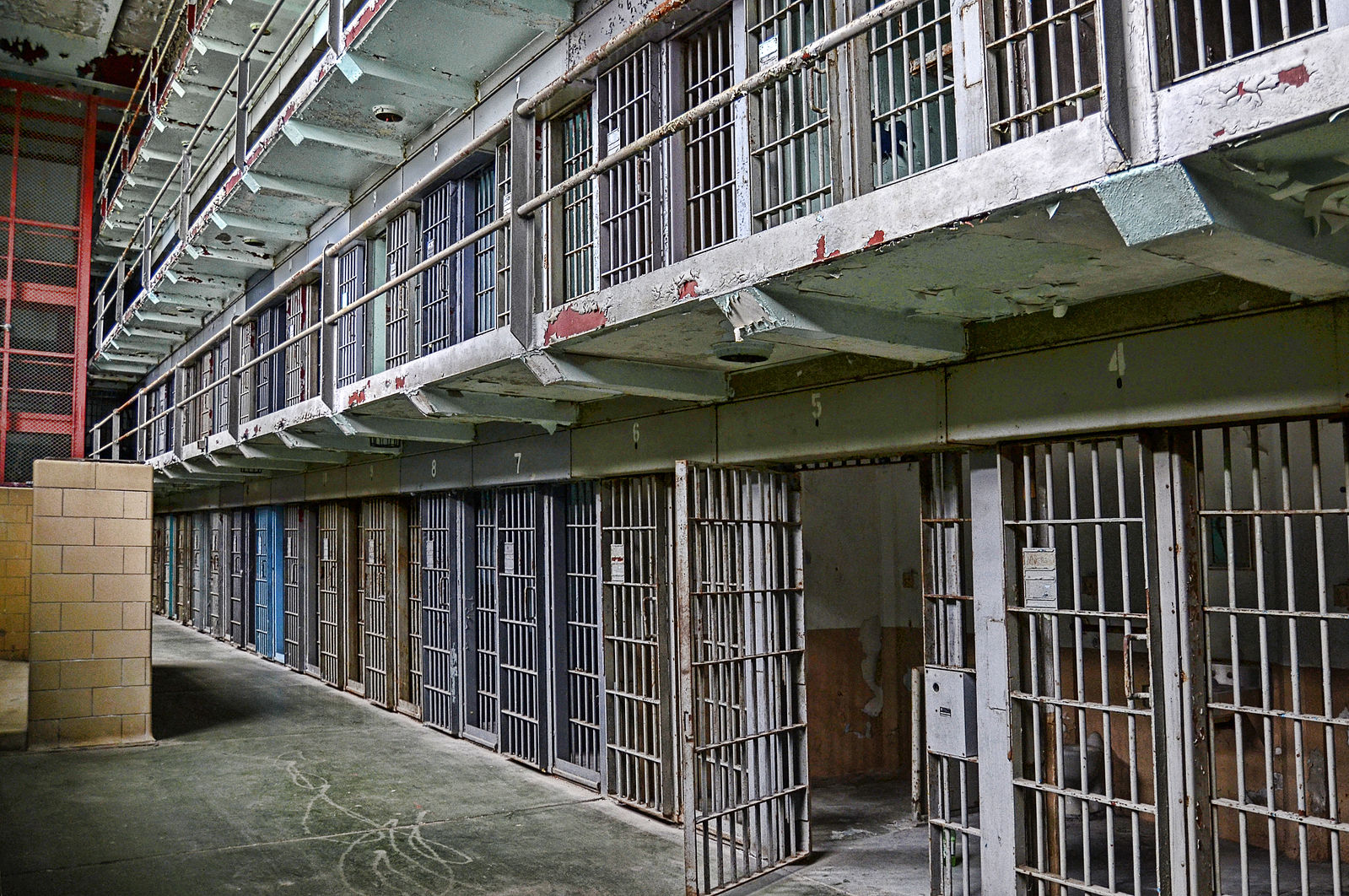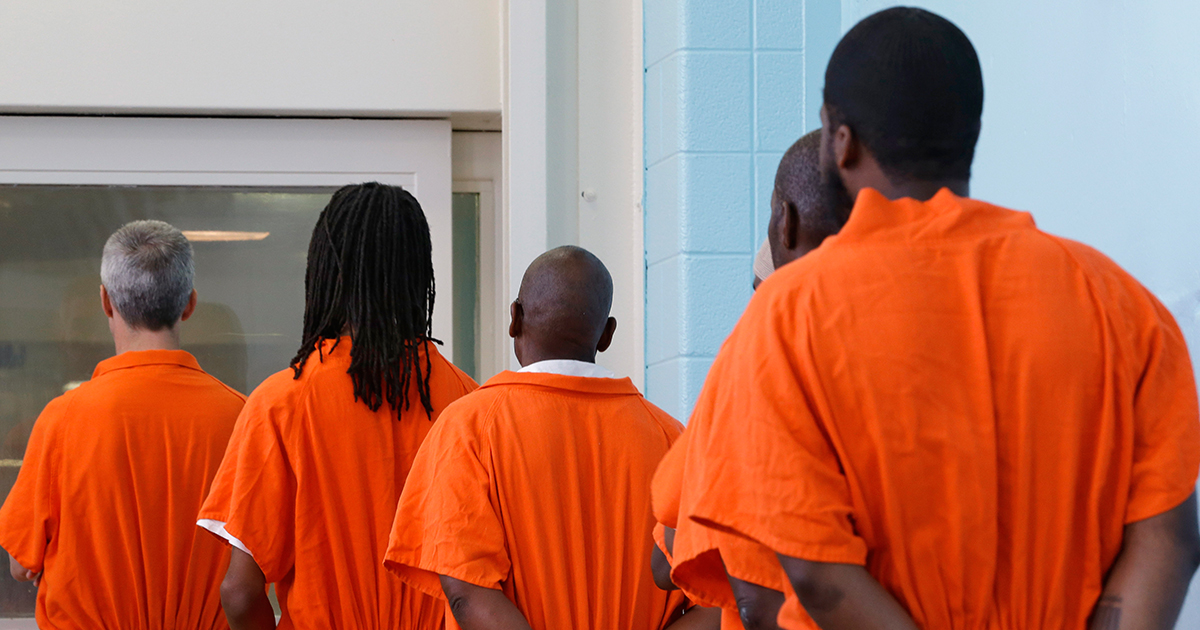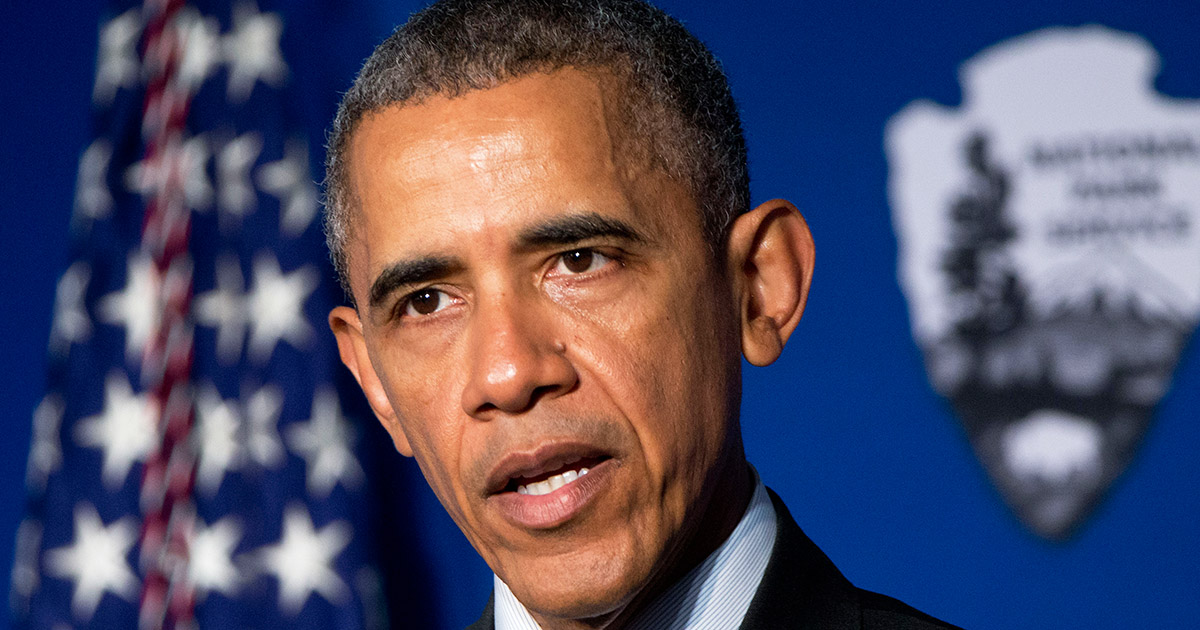Chicago Police Department Addresses Trump's Remark

By:
In recent weeks, Donald Trump has spoken quite a bit about restoring law and order and "toughening" local police forces.
One of these remarks came back to haunt him on Tuesday, when the Chicago Police Department suggested that the candidate fabricated an anecdote about a conversation with a "top" Chicago police officer, Talking Points Memo reports.
In a Monday interview with Fox News host Bill O’Reilly, Trump said that a "top" Chicago police officer told him the police force could curb the city's crime problem in a single week by putting "tough cops" in charge.
But the following day, police spokesman Anthony Guglielmis told the Chicago Tribune this exchange never occurred and that none of the department's deputy superintendents, district commanders, chiefs of patrol or chiefs of detectives had met with Trump.
"No one in the senior command at CPD has ever met with Donald Trump or a member of his campaign," Guglielmi said. In an email sent to the Chicago Tribune, Guglielmi offered very different recommendations on how to curb crime.
"The best way to address crime is through a commitment to community policing and a commitment to stronger laws to keep illegal guns and repeat violent offenders off the street," Guglielmi told the Tribune.
Trump spokesperson Hope Hicks, for her part, told the Tribune Trump meant the "top officers" were those who were “capable, smart, and talented.”
It's unclear if Trump has spoken with any other Chicago police officers over the course of his presidential bid.
Even setting the veracity of Trump's claim aside, there are strong arguments against his calls for tough on crime policing.
The "tough on crime" movement took hold in the early 1980s, and it refers to laws that emphasize mandatory sentencing, three-strikes laws, and zero-tolerance policies, a paper published by Political Research Associates (PRA) – an organization dedicated to research and analysis on social justice and human rights in the United States — explains.
 Bob Jagendorf/Wikimedia - wikimedia.org
Bob Jagendorf/Wikimedia - wikimedia.org
These policies have resulted in mass incarceration, increased community surveillance, racial profiling, an increase in drug arrests, and the adoption of the death penalty in many states. The tough on crime policies have also been found to disproportionately impacts people of color and the poor, the paper continues.
A 1997 paper, published by the Urban Institute by University of Maryland chair of the Department of Criminology and Criminal Justice James P. Lynch, Ph.D. and William Sabol, Ph.D., the former Director of the Bureau of Justice Statistics at the U.S. Department of Justice (DOJ), looked into the impacts of these policies in the 1980s and 1990s and came to similar conclusions.
"The massive increases in incarceration that resulted from the reforms have been distributed unevenly throughout the population," Lynch and Sabol wrote. They asserted that the incarceration of young black men between the ages of 16 and 34 "may contribute to family disruption and social organization of communities, thereby contributing to crime problems" — particularly in black, inner city communities.
One in three black men will be incarcerated during their lifetime, according to a 2013 report published by the Sentencing Project.
The United States also has the highest incarceration rate in the world, and many of its prisons are overcrowded — which creates danger for inmates and guards. By the end of 2014, there were 1,561,500 inmates incarcerated in U.S. Prisons at the federal and state level.
 AP/Jacquelyn Martin - apimages.com
AP/Jacquelyn Martin - apimages.com
In recent years, policy makers have pushed for criminal justice reform to reverse these effects.
Recently, President Barack Obama commuted the sentences of 562 prisoners — 306 in May, 42 in June, and 214 in early August. Many of these individuals were serving time for non-violent drug offenses.
 AP/Jacquelyn Martin - apimages.com
AP/Jacquelyn Martin - apimages.com
In January, the U.S. Supreme Court expanded on a 2012 ruling that banned mandatory life sentences for juveniles to apply retroactively, NPR reports.
If "tough on crime" doesn't work, what does?
As Guglielmi mentioned, community policing — increasing the police force's involvement in the day-to-day lives of civilians and local communities — is one solution many critics of "tough on crime" policies have advocated for.
In March 2015, President Obama created a task force dedicated to police reform, in response to the police killings of Michael Brown, Tamir Rice, and Eric Garner. The task force aimed to "strengthen community policing and trust among law enforcement officers and the communities they serve."
The task forces' interim report emphasized building trust between police officers and the communities they serve, increasing oversight to combat racial profiling and excessive force, and training officers on community problem-solving, bias, and communicating with civilians.
Some police departments have already enacted these reforms with great success. The Dallas Police Department saw a huge drop in excessive force complaints between 2009 and 2015 after implementing reforms that included a push for transparency and addressing protesters less forcefully.
